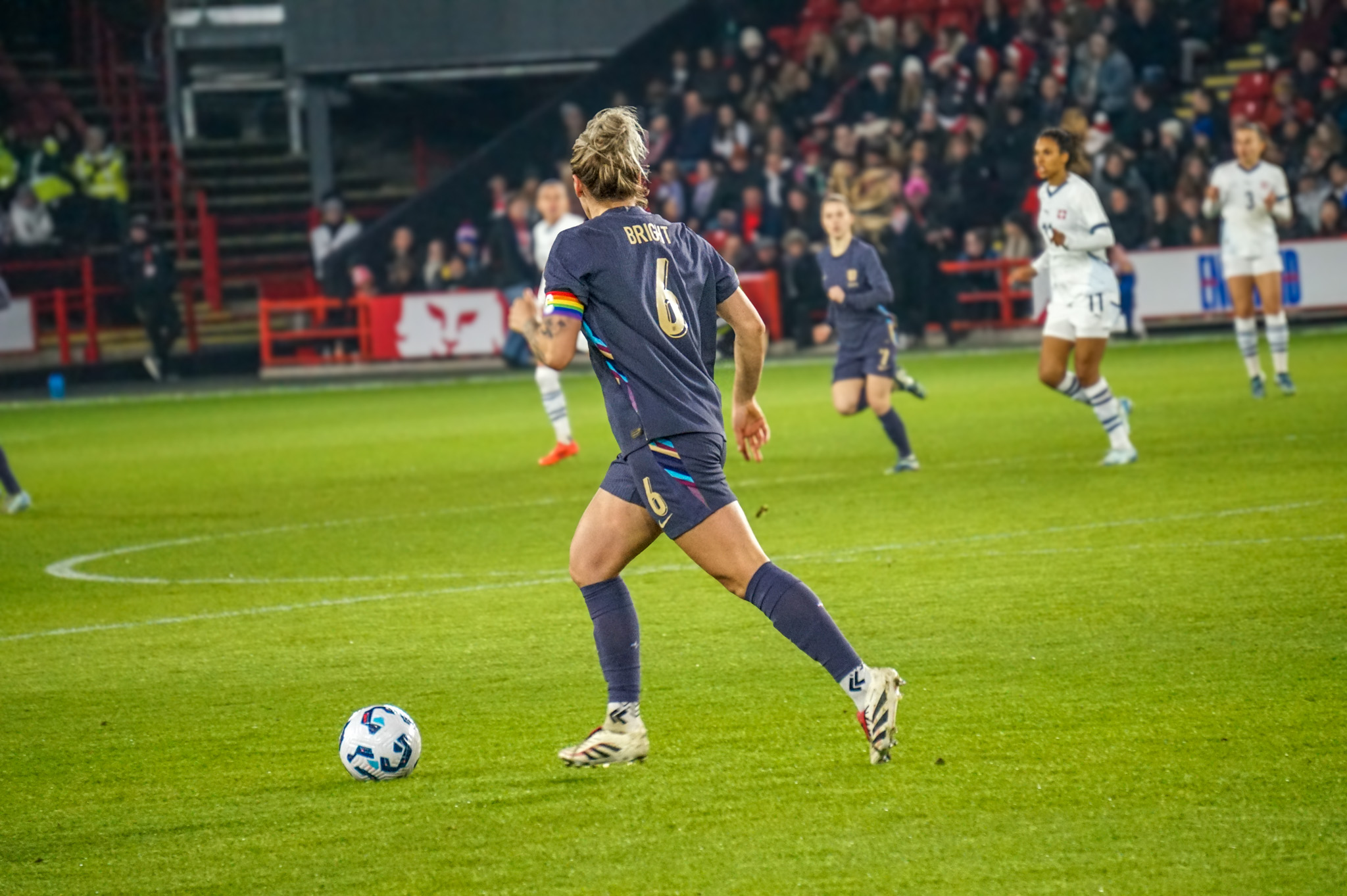The Premier League has recently announced that it has ended its partnership with Stonewall and it will no longer take part in the Rainbow Laces campaign. Stonewall is an LGBTQ+ charity in the United Kingdom, and it is the largest LGBTQ+ rights organisation in Europe. They began working with the Premier League in 2014.
The Daily Telegraph first reported that the Premier League now plans to launch its own inclusion campaign instead, however there are not many concrete details of these plans as of yet. But why is the end of the Premier League’s Stonewall partnership so significant?
Many fans and campaigners are disappointed with this decision
Prior to the Premier League and FA’s decision, there had been some differences in the views of the two parties. The FA had previously responded to the Supreme Court’s ruling on the legal definition of a woman under the Equality Act by banning transgender women from football. Stonewall had criticised the FA’s response, saying that it (had) been made:
“Too soon, before implications of the Supreme Court’s ruling had been worked through by politicians or before statutory guidance (had) been issued.”
The Premier League’s partnership with Stonewall had previously been praised by many campaigners, and the Rainbow Laces campaign and captains wearing the armband quickly became a recognisable and significant symbol of inclusion for LGBTQ+ sports fans.
The Premier League’s partnership with Stonewall had previously been praised by many campaigners, and the Rainbow Laces campaign and captains wearing the armband quickly became a recognisable and significant symbol of inclusion for LGBTQ+ sports fans. A spokesperson for Stonewall said:
“Alongside other sporting bodies the FA has been instrumental in advancing LGBTQ+ inclusion at the grassroots level and more recently the Women’s Super League has taken up the mantle as the women’s game has grown – enabling Rainbow Laces to reach more diverse audiences.”
This shows how significant the Premier League’s partnership with Stonewall was, as it significantly increased the campaign’s reach and presence, through captain’s armbands and the Rainbow Laces campaign. Hence, many fans and campaigners have expressed disappointment at the end of this partnership. Josh Parry, an LGBT and Identity Reporter for BBC News also added:
“Within just a few years of its launch, it (the campaign) was adopted by the top flight of football – a move which drew praise from equality campaigners around the world.”
“But in the 8 years since the Premier League became involved, there has been a huge amount of public debate about the work of diversity, equity and inclusion (DEI) initiatives, both in sport and in wider public life.”
“The move away from Stonewall is likely to add more fuel to that debate – and there will be a lot of scrutiny about the reported plans for the Premier League’s own inclusion campaign.”
Why is the Stonewall partnership still so significant?
Currently, there are no openly LGBTQ+ players in the Premier League, and statistics also show a significant and concerning number of homophobic incidents at men’s football matches.
Out and Out Football conducted a survey in late 2024 and they found that 74.4% of their respondents, all of whom are LGBTQ+, said that they had experienced or heard anti-LGBTQ+ abuse whilst watching football. The survey responses also showed that of these respondents, only 23.3% reported this abuse.
These statistics suggest a lack of trust in the channels that are available to them, or even a lack of awareness of what support options are available. They also highlight the need for initiatives and campaigns, such as the Premier League’s former partnership with Stonewall, are necessary and important.
What do we know about the other initiatives being planned?
Telegraph Sport reported that the Premier League plans to launch a new campaign instead to coincide with February’s LGBTQ+ History Month. One of the reasons the FA is said to have ended its partnership with Stonewall is part of a wider move away from single campaign moments.
The campaign has also previously caused controversy in the Premier League. Two notable examples were when Crystal Palace’s captain Marc Guehi, who is a devout Christian, received a warning from the FA after writing a religious message on his rainbow armband last year. Ipswich Town’s captain Sam Morsy, who is a practising Muslim, also refused to wear the rainbow armband during the same period last season, however he was reportedly not issued with a warning.
It is possible that the Premier League’s new campaign will receive more support than previous campaigns, however it is difficult to tell without more details of what this new campaign will involve, which we do not currently have. The announcement of the end of the Premier League’s partnership with Stonewall is disappointing, especially as the need for LGBTQ+ inclusion campaigns are evident.
https://www.bbc.co.uk/sport/football/articles/cm2vkgelrwwo
https://www.outandout.football/p/the-true-extent-of-lgbtq-hate-in-football



